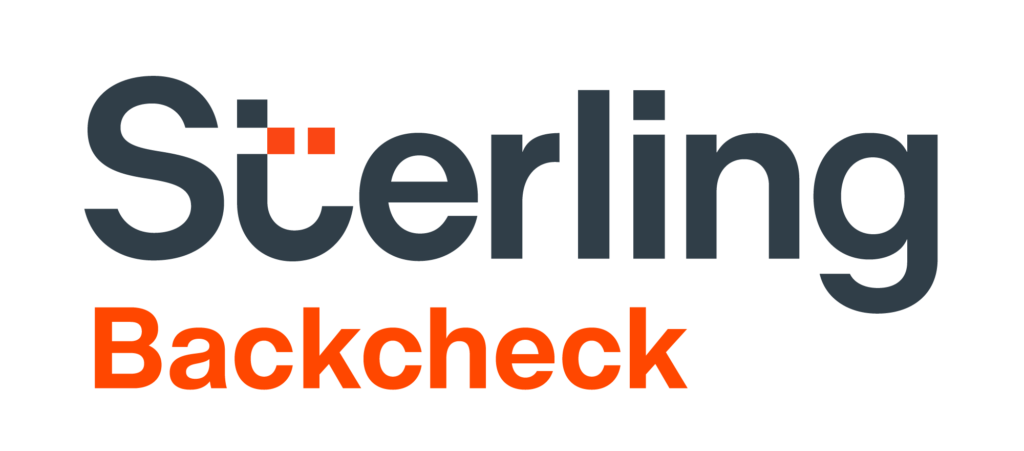Le Conseil canadien de l’identification et de l’authentification numériques (CCIAN) accueille dans ses rangs l’Autorité des marchés financiers, le Centre canadien pour la cybersécurité, la Ville de Toronto, Deloitte, la province du Québec et VISA.
Toronto, le 1 juin 2021 — Au Canada, gouvernements et entreprises saisissent les occasions qu’offre l’identité numérique de fournir des services numériques sûrs, fiables et plus respectueux de la vie privée pour permettre aux Canadiens d’effectuer des transactions en ligne d’une manière efficace et sécuritaire. Le CCIAN, qui représente la communauté canadienne des leaders de l’identité numérique des secteurs public et privé, a le plaisir d’accueillir de nouveaux membres : l’Autorité des marchés financiers, le Centre canadien pour la cybersécurité, la Ville de Toronto, Deloitte, la province du Québec et VISA.
« Aujourd’hui, nos collectivités, nos entreprises et nos citoyens comptent plus que jamais sur les leaders faisant partie du CCIAN pour aider à mettre en place un écosystème de l’identité numérique robuste, sûr et de confiance qui convienne à tous les Canadiens, a déclaré David Nikolejsin, président du conseil d’administration du CCIAN. Notre économie en dépend. »
« Nous sommes ravis d’accueillir au sein du CCIAN cette nouvelle cohorte de membres des secteurs public et privé, a indiqué Joni Brennan, présidente du CCIAN. Fort de plus de 100 membres, dont le gouvernement du Canada, des gouvernements provinciaux et municipaux, des institutions financières, des sociétés de télécommunications, des entreprises technologiques, des cabinets-conseils, des PME, des partenaires universitaires, des organisations internationales et des organismes sans but lucratif, le CCIAN est la communauté de leaders de l’identité numérique la plus vaste et la plus inclusive du Canada. »
« Quand le CCIAN a vu le jour voilà près d’une décennie, c’était un petit groupe d’organisations passionnées des secteurs public et privé cherchant à procurer des occasions économiques aux consommateurs et aux entreprises du Canada, tout en protégeant et en promouvant les valeurs et perspectives canadiennes dans l’économie numérique », a précisé Eros Spadotto, vice-président à la direction de Telus.
« La coalition sans but lucratif formée par le CCIAN, qui met à profit la vision de ses membres fondateurs, compte à présent plus de 100 leaders des secteurs privé et public qui travaillent ensemble en vue de mettre sur pied un écosystème interopérable que les Canadiens peuvent utiliser avec confiance », a ajouté Robert Devries, sous-ministre adjoint, Plateformes, Services numériques de l’Ontario.
En 2020, le CCIAN a réalisé cette vision en lançant le cadre de confiance pancanadienMC, un cadre de confiance robuste protégeant davantage la vie privée et façonné par les valeurs canadiennes qui permet d’avoir une identité numérique de confiance et qui fournit des directives claires sur l’interopérabilité numérique.
Une étude récente du CCIAN souligne que les Canadiens souhaitent avoir et attendent des transactions numériques sûres, fiables et commodes – un désir que la pandémie a accentué.
« Qu’il s’agisse de recevoir des prestations pendant la pandémie, de s’assurer de l’exactitude des dossiers de santé ou d’aider les enfants et les jeunes à suivre leurs classes en ligne, une identité numérique sûre est essentielle à bien des égards pour le fonctionnement de la vie quotidienne pendant une pandémie – et au-delà », a ajouté CJ Ritchie, chef de l’information du gouvernement de la Colombie-Britannique.
Selon l’étude du CCIAN, la majorité des Canadiens estime important que les gouvernements fédéral et provinciaux implantent rapidement une identité numérique d’une manière sécuritaire et sûre. Elle montre aussi que la collaboration entre les gouvernements et le secteur privé continue d’être considérée comme la meilleure approche pour créer un cadre d’identité numérique pancanadien.
Avec la venue de ces nouveaux membres et la demande grandissante de la part des Canadiens, c’est de toute évidence le moment idéal pour les gouvernements et les entreprises d’investir pour faire de l’identité numérique une priorité nationale en matière de politique publique.
À PROPOS DU CCIAN
Le CCIAN est une coalition sans but lucratif de leaders des secteurs public et privé qui vise à développer un cadre canadien d’identification et d’authentification numériques pour permettre au Canada de participer pleinement et en toute sécurité à l’économie mondiale. Fruit du groupe de travail mis sur pied par le gouvernement fédéral pour examiner le système de paiements, le CCIAN inclut des représentants des gouvernements fédéral et provinciaux, ainsi que des chefs de file du secteur privé.
RENSEIGNEMENTS
Krista Pawley
Krista@ImperativeImpact.com
416-270-9987


